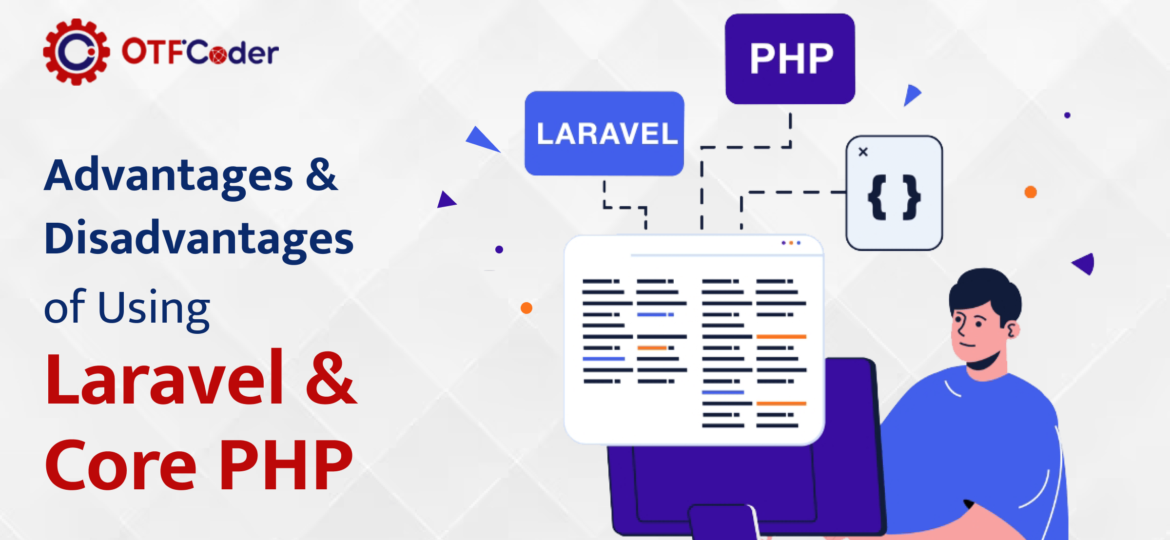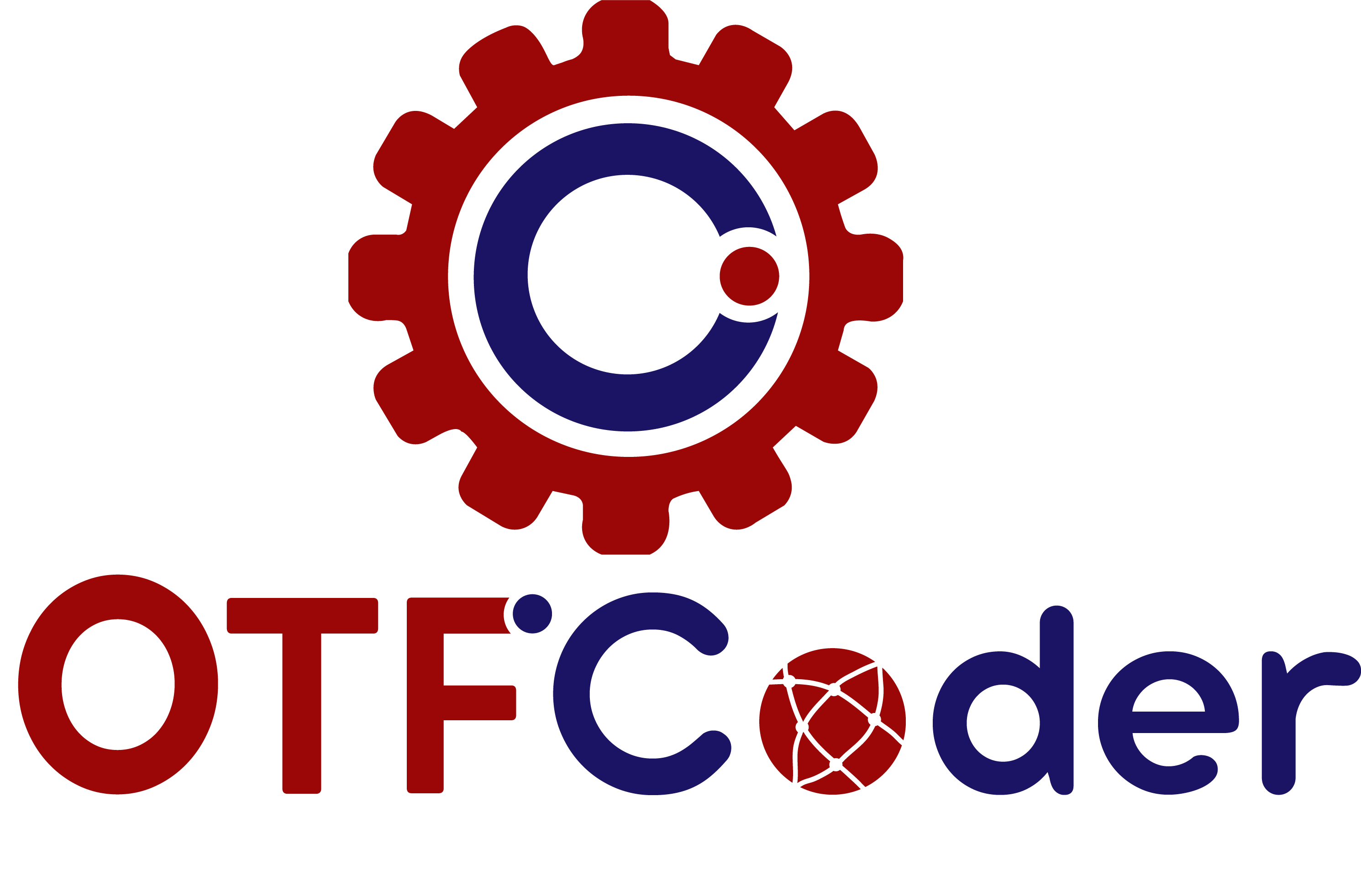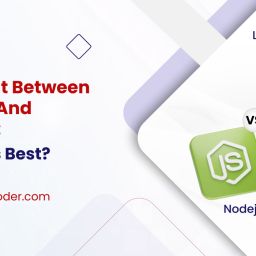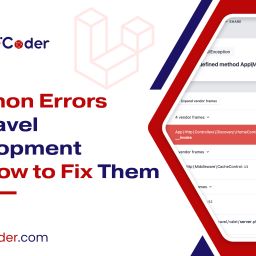
The selection of the appropriate technological stack is essential for any project’s success in the field of web development. In the programming community, PHP has long been a mainstay, and systems like Laravel have arisen over time to simplify the procedure. We will examine the benefits and drawbacks of utilizing Laravel, a well-liked PHP framework, in comparison to conventional Core PHP in this blog post. Understanding the advantages and disadvantages of these possibilities is crucial as both IT companies and PHP development companies research the best solutions for their web development requirements. It is important to hire Laravel developers who are right for the job and understand the same. Let’s take a look at it more closely.
Advantages of Using Laravel and Core PHP
The tools and functionalities that Laravel offers enable developers to work much more quickly. Its clean syntax and built-in features enable developers to produce complicated applications more quickly. Because Laravel uses an extensible packaging system, developers can separate various application components. This modular design improves code maintainability, reuse, and developer collaboration. By employing a simple syntax for generating and querying database records, Laravel’s Eloquent ORM streamlines database operations. By doing away with the necessity to create intricate SQL queries, database interactions are now more developer-friendly. An easy-to-implement authentication system is included with Laravel. Additionally, it provides role-based permissions, allowing developers to easily manage user access to different areas of the application.
A thriving and engaged community supports Laravel’s development. This results in a multitude of tools, guides, and plugins that make it simpler for developers to solve problems and advance their knowledge. PHPUnit is encouraged for unit testing, and Laravel includes testing tools by default. This guarantees the reliability of the application and makes it simpler to find and fix bugs. Through built-in security capabilities, Laravel addresses widespread security flaws including SQL injection, cross-site scripting, and cross-site request forgery. This aids in creating applications that are more secure. RESTful API implementation is a breeze using Laravel. Its routing approach makes it easier to create APIs, facilitating seamless application front- and back-end communication.
Because Core PHP gives programmers total control over every line of code, it is appropriate for highly customized projects with particular needs. In comparison to frameworks like Laravel, Core PHP can produce greater performance because there are fewer layers between code execution and code input. Core PHP has no additional learning curve for developers who are already fluent in PHP, which shortens the initial ramp-up period. Core PHP lacks the extra features and capabilities of a system, which can reduce overhead and reduce the size of an application.
Disadvantages of Using Laravel and Core PHP
Although Laravel has comprehensive documentation and community support, newcomers may still find the learning curve for the framework to be challenging, especially if they are unfamiliar with PHP development. As a framework, Laravel has extra layers that, when compared to a more straightforward strategy like Core PHP, may cause some performance overhead. Laravel’s vast functionality may result in needless complexity for smaller endeavors or projects with simple requirements, affecting production time and resources. Laravel’s conventions are advantageous, but some developers may find them to be limiting if they want more control over all facets of their code. This restriction can be a problem for some niche projects.
Writing a lot of boilerplate and repetitive code for operations like authentication, database relationships and routing is a common requirement when creating sophisticated applications with Core PHP. Since programmers are liable for mitigating prevalent flaws without the aid of built-in security features, core PHP development demands careful attention to security practices. Projects without a framework can become disorganized and more difficult to upkeep, especially as they become more complicated.
Conclusion
Both Laravel and Core PHP have benefits and drawbacks in the changing world of web development. Based on the particular needs of their projects, IT firms, Laravel development companies, and PHP development companies must consider these factors. Laravel offers a strong framework and a wealth of tools that speed up development but may also add overhead. Core PHP, on the other hand, provides maximum control and low overhead but necessitates greater structure and security responsibilities. The decision between Laravel and Core PHP ultimately comes down to the difficulty, timing, and level of experience of the development team.









